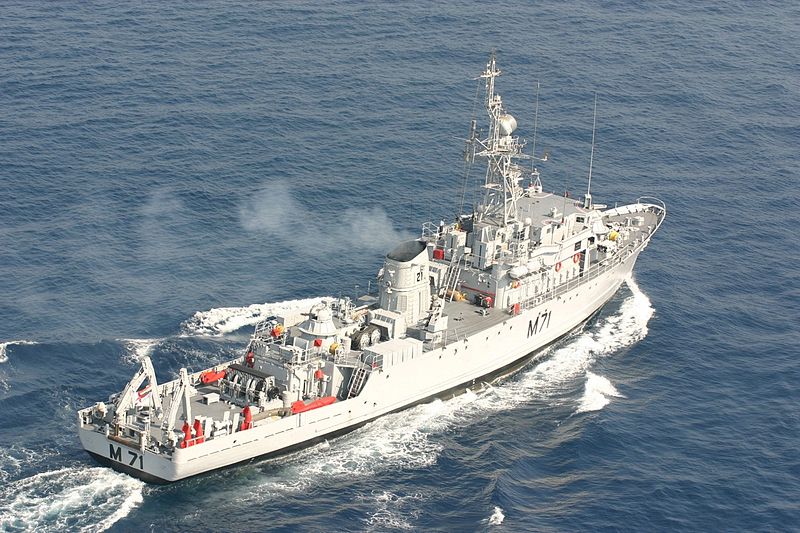India has revived a long-delayed project to build 12 indigenous mine countermeasure vessels (MCMVs), a crucial step toward strengthening its maritime defences amid growing underwater threats from China and Pakistan. The proposal, estimated at ₹44,000 crore, is set to be presented before the Defence Acquisition Council led by Defence Minister Rajnath Singh for the “acceptance of necessity” approval.
These specialised warships are designed to detect, track, and destroy underwater mines that can be laid by enemy submarines to block access to harbours, disrupt maritime trade, and damage naval or commercial vessels. The move comes at a time when Chinese nuclear and conventional submarines have been frequently entering the Indian Ocean Region, while Pakistan is rapidly modernising its submarine fleet, with eight Yuan-class submarines being supplied by China.
Currently, the Indian Navy does not possess a single minesweeper, having retired its Karwar-class and Pondicherry-class MCMVs years ago. In the absence of dedicated vessels, the Navy has been relying on clip-on mine countermeasure suites on some ships to fill the operational void. However, experts believe that at least 24 MCMVs are needed to effectively monitor and protect India’s 11,084.5-km coastline, which includes 13 major and over 200 minor ports.
The fresh push for MCMVs follows multiple delays since the project was first initiated in 2005. Goa Shipyard had partnered with South Korean firm Kangnam for construction, but the plan stalled due to procedural and technical hurdles. With the latest revival, the Defence Ministry aims to release an open tender inviting Indian shipyards to submit their techno-commercial bids.
Given the complexity and scale of construction, the first vessel is expected to be delivered only after seven to eight years from the contract signing. Despite the wait, officials see this as a crucial investment to counter potential threats from both state and non-state actors capable of planting cheap yet deadly sea mines.













